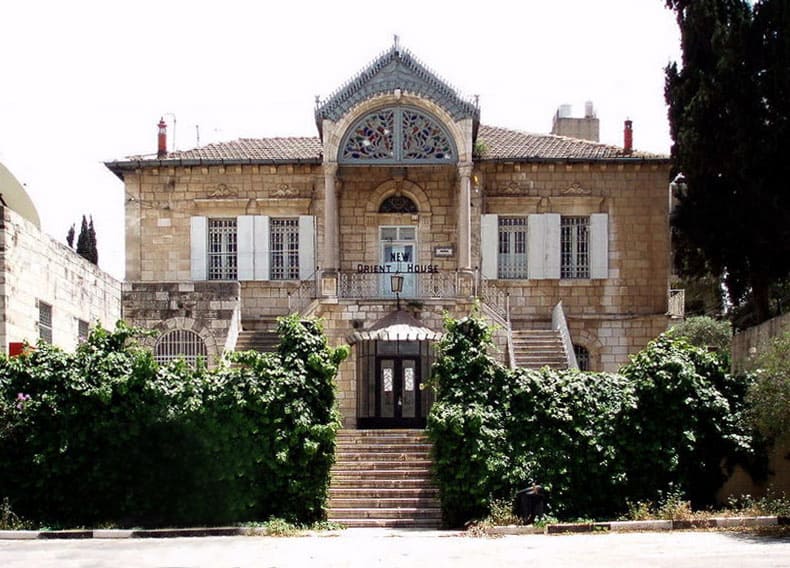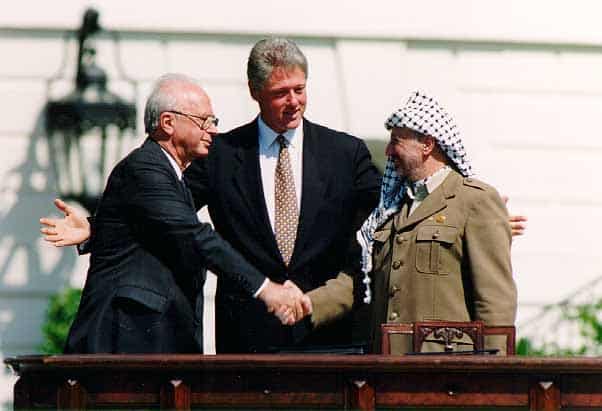The Palestine Liberation Organization (PLO) is a key political and diplomatic entity representing the Palestinian people in their quest for self-determination, statehood, and ending the Israeli-Palestinian conflict. Established in 1964, the Palestine Liberation Organization has played a central role in shaping the Palestinian national identity and aspirations.
1948 War
Origins of the PLO
The PLO emerged in response to the displacement and dispossession of Palestinians during and after the 1948 Arab-Israeli war (known to Palestinians as the Nakba, or “catastrophe”). The organization was founded in Cairo, Egypt, during the first Arab Summit in 1964, with the primary goal of representing Palestinian interests and reclaiming Palestinian territory.
Hamas Organization
Leadership and Factions
The PLO consists of various political factions, the most prominent of which is Fatah, founded by Yasser Arafat. Other factions, such as Hamas, Islamic Jihad, and the Popular Front for the Liberation of Palestine (PFLP), have different ideological and political orientations. These factions have influenced the Palestine Liberation Organization’s strategies and negotiations.

Credit: Magister at he.Wikipedia, Attribution, via Wikimedia Commons.
PLO and Armed Resistance
During the 1960s and 1970s, the PLO engaged in armed struggle against Israel, conducting high-profile attacks and gaining recognition on the world stage. The organization also participated in the Lebanese Civil War and was eventually expelled from Lebanon in 1982.
Diplomacy and Peace Process
In the 1980s and 1990s, the PLO shifted its approach from armed resistance to diplomacy. The signing of the Oslo Accords in 1993 marked a significant turning point, as the Palestine Liberation Organization recognized the State of Israel, and Israel recognized the PLO as the representative of the Palestinian people. Yasser Arafat and Israeli Prime Minister Yitzhak Rabin shook hands on the White House lawn, symbolizing the commitment to peace negotiations.

Challenges and Obstacles
The PLO’s role in peace negotiations has been complex. Challenges, including disagreements among Palestinian factions, disputes over territory, Jerusalem status, and Palestinian refugees’ rights, have hindered progress in the Israeli-Palestinian peace process.
Hamas
Status and Recognition
In addition, the PLO has achieved recognition on the international stage. In 2012, the United Nations General Assembly granted Palestine non-member observer state status, a symbolic but significant step towards international recognition.
Conclusion
Lastly, the PLO remains central in pursuing Palestinian self-determination and a negotiated resolution to the Israeli-Palestinian conflict. Its history is marked by shifts in strategy, periods of armed resistance, and diplomatic efforts. Furthermore, the challenges in the region, including territorial disputes, security concerns, and political divisions among Palestinian factions, make the Palestine Liberation Organization essential in the search for a peaceful and just resolution to the conflict. More about the PLO on Wikipedia!

